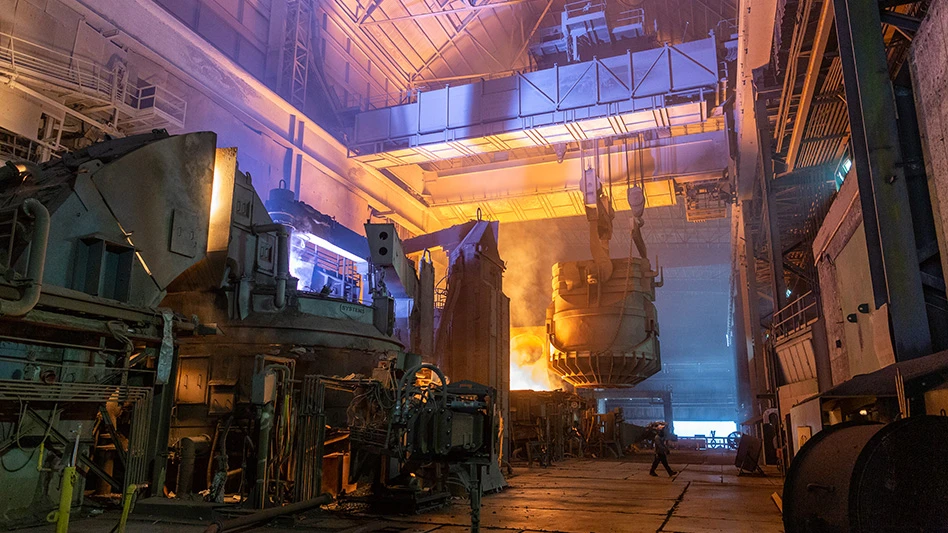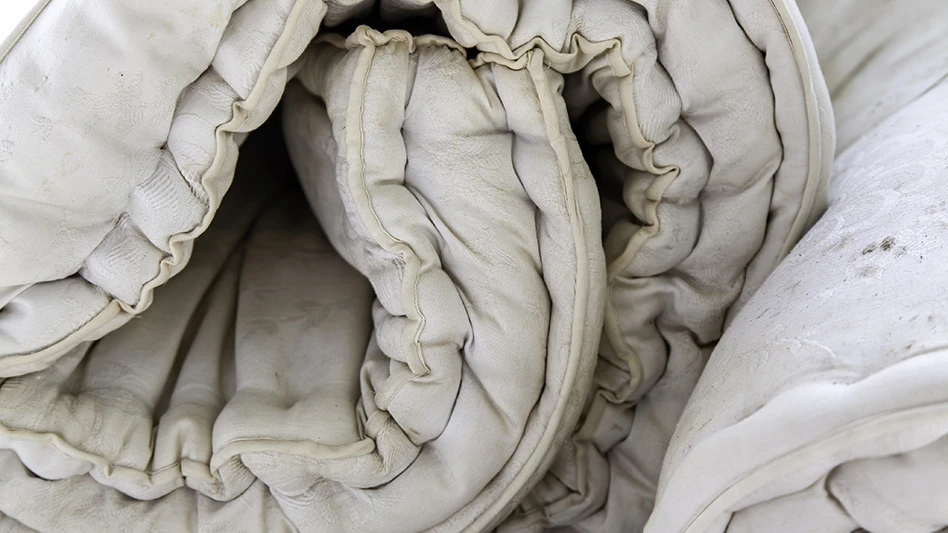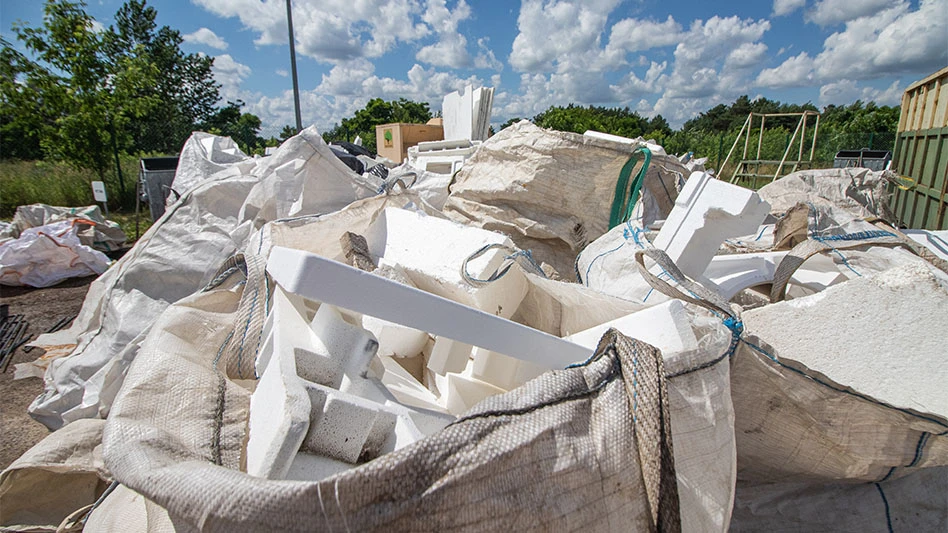The European Union will hold off from punitive tariffs on items such as motorcycles and bourbon imported from the United States, and representatives from the two nations will enter a dialogue that could lead to the repeal of tariffs on steel and aluminum exported from the EU to the U.S.
A mid-May Bloomberg online report quotes a European Commission spokesperson who says the EU “remains committed to finding a solution with the U.S. to unduly justified tariffs on steel and aluminum.” Those tariffs of up to 25 percent on steel and up to 10 percent on aluminum were put in place by the previous Donald Trump administration, who tied them to national security firms.
The Biden Administration and its newly appointed U.S. Trade Representative Katherine Tai did not take action to repeal the tariffs in the opening months of the new presidency. Rather, Reuters reports Tai told a U.S. senate subcommittee in April that any such repeals will be tied to “the larger issue around the overcapacity in the market.”
In early May, Tai also reportedly told a different Senate committee the Trump era metals tariffs had “really roiled our economy, but were necessary to address a global overcapacity problem driven largely, but not solely, by China,” according to Bloomberg.
The not yet finalized agreement by the EU and the U.S. will call for the two entities to engage in a dialog on steel overcapacity in particular, according to Bloomberg.
Also in mid-May, aluminum producers in several parts of the world, including North America and Europe, issued a joint statement expressing solidarity on the notion of addressing government subsidies in that industry.
Latest from Recycling Today
- Alpla calls 2024 year of recycling growth
- Altilium says agreement puts it on lithium recycling path
- NWRA, SWANA partner to address lithium-ion batteries
- Corinth, Texas, renews waste contract with CWD
- Fresh Perspective: Sarah Zwilsky
- Plastics Industry Association announces leadership changes
- QCC celebrates 50th anniversary
- Venture Metals acquires 2 nonferrous processors





